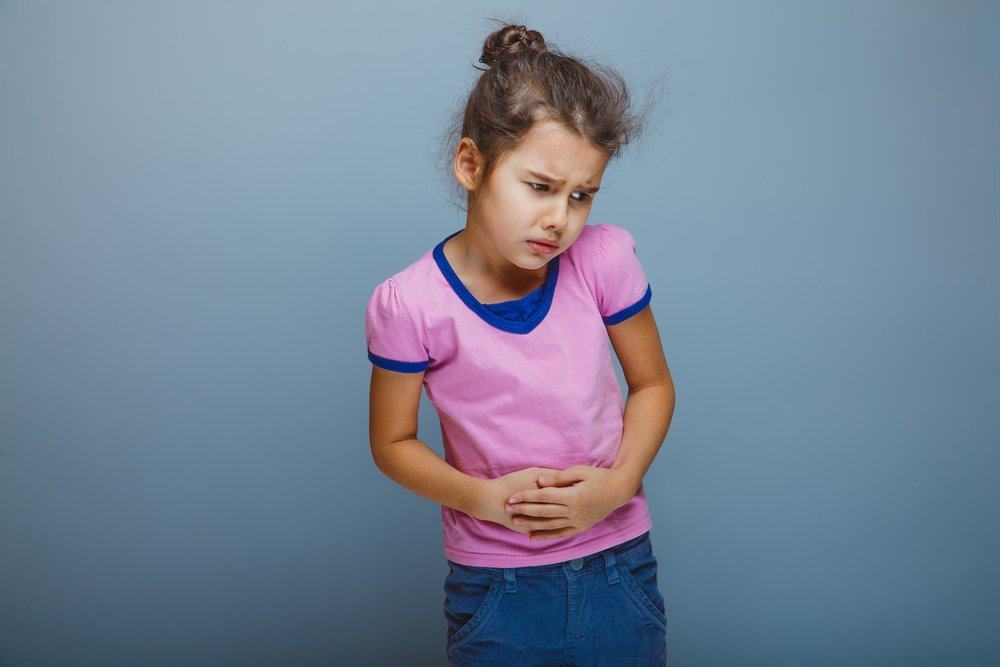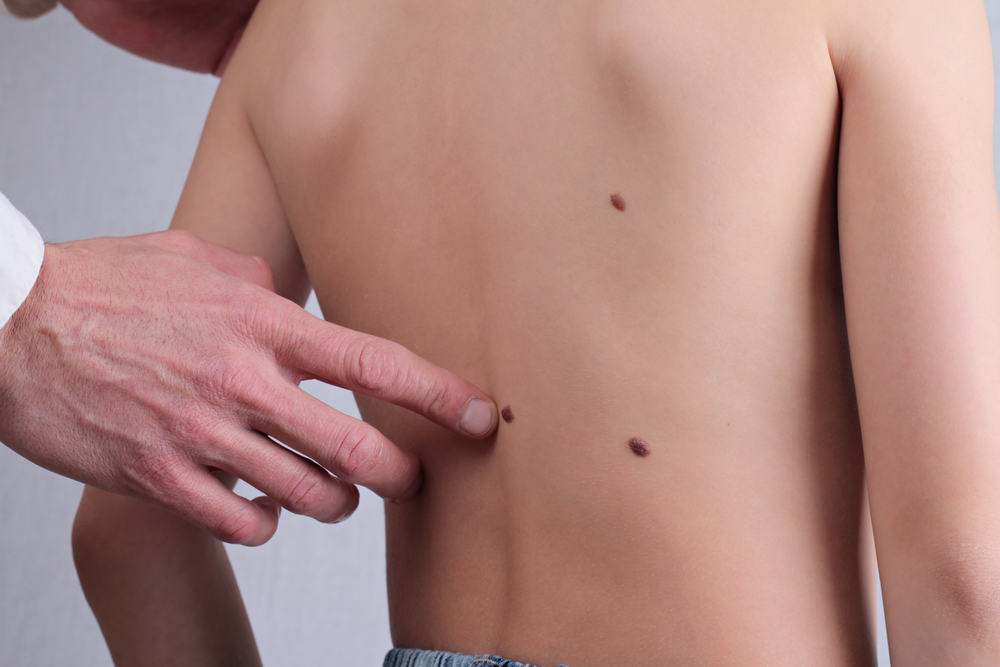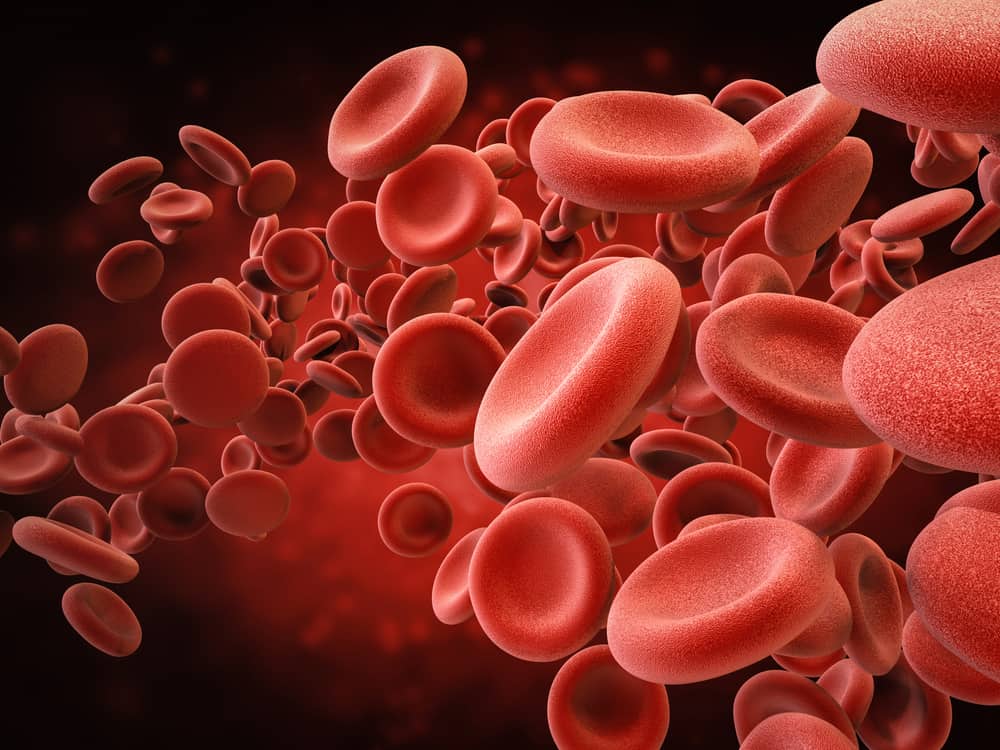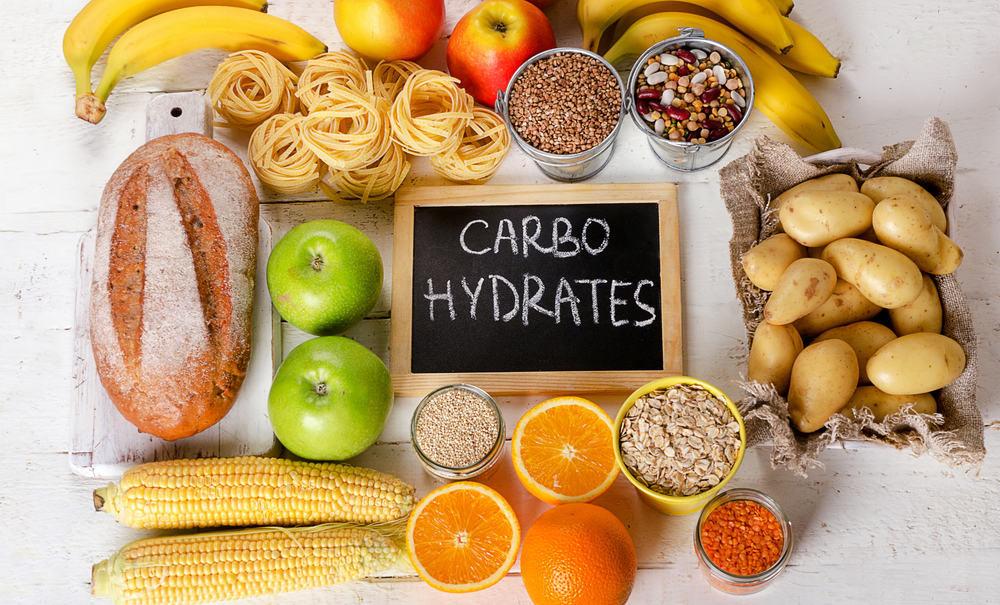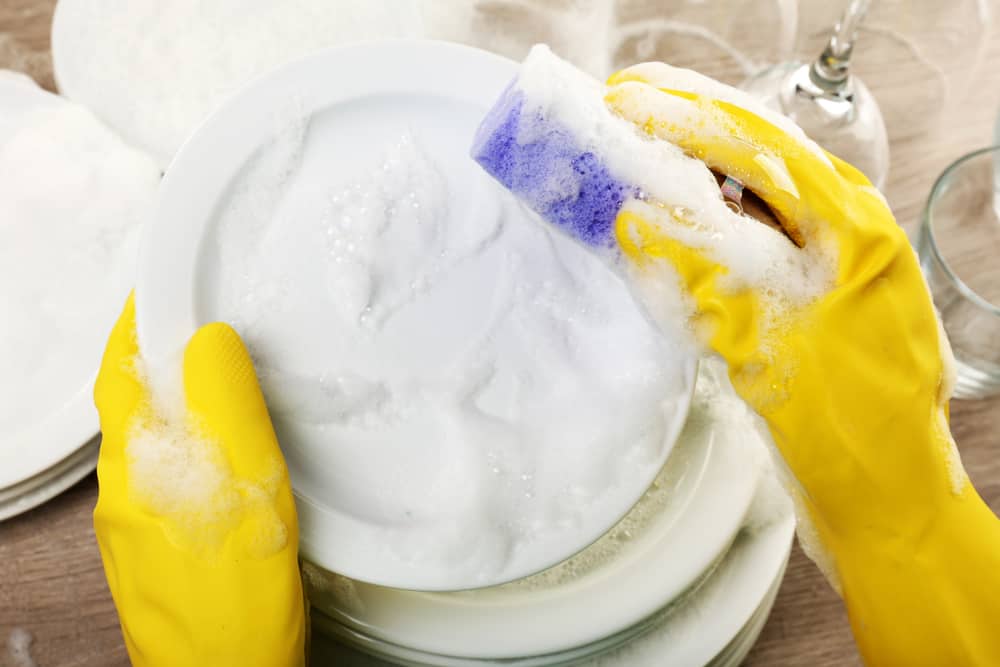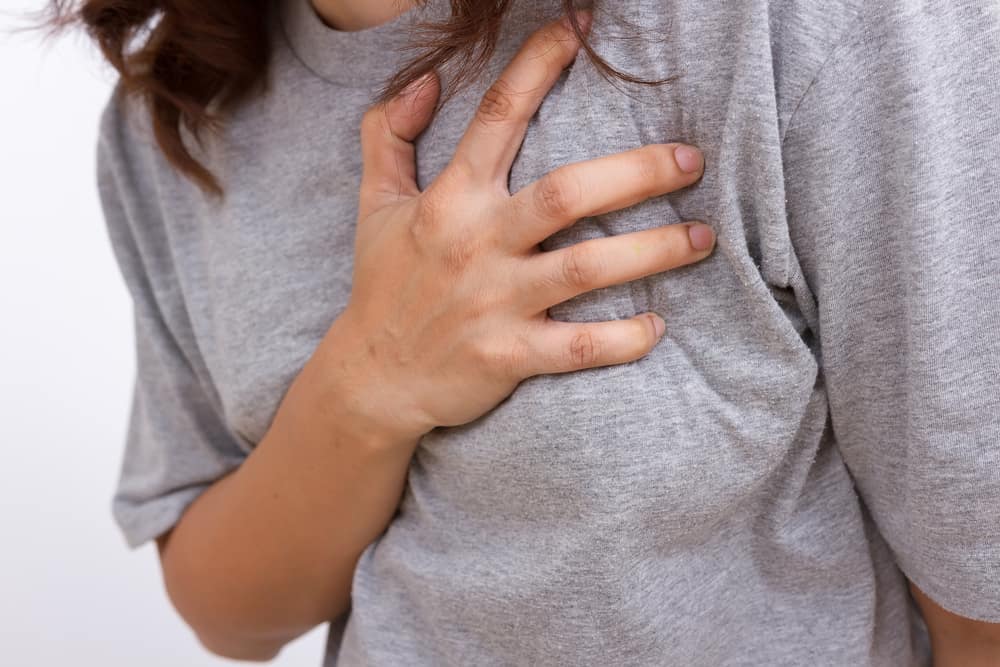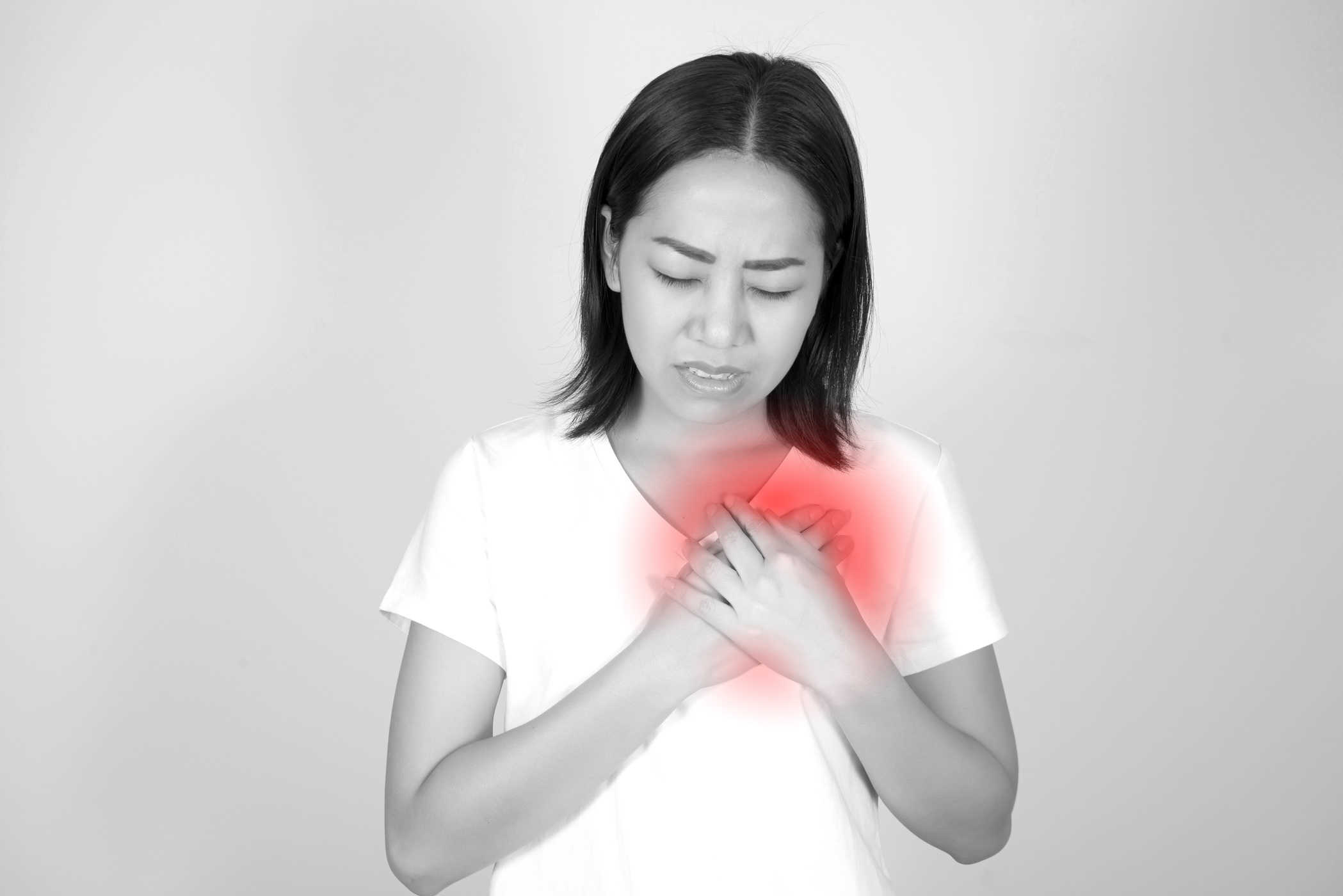Contents:
- Medical Video: Stomach Ulcer | Nucleus Health
- What are the causes of stomach ulcers?
- What are the symptoms of stomach ulcers?
- How is gastric ulcer diagnosed?
- What are the treatments for stomach ulcers?
- What are some tips for treating peptic gastric ulcer in children?
Medical Video: Stomach Ulcer | Nucleus Health
Gastric ulcer is an open wound on the lining of the stomach or membrane of every organ in your body. Gastric ulcers can interfere with the functioning of your organs. There are many types of ulcers that occur in the body such as genital ulcers, diabetic foot ulcers, stomach ulcers, and mouth ulcers. Gastric ulcer is actually the most common type of ulcer. There are three forms of peptic ulcer:
- Duodenal ulcer: gastric ulcer that forms in the upper part of the small intestine. This condition is the most common type.
- Gastric ulcer: gastric ulcers that form in the abdomen and are less common.
- Gastric ulcer: stomach ulcers in the esophagus are rare.
Many people, including doctors, think that children have a small risk of developing gastric ulcers. But there are several studies that show that children can also often suffer from gastric ulcers.
What are the causes of stomach ulcers?
The most common causes of peptic gastric ulcer are bacterial infections of H. pylori bacteria or from the use of aspirin or non-steroidal anti-inflammatory drugs (NSAIDs). However, in children, it was found that H. pylori was not the cause in many cases of gastric ulcer unlike what happens in adults. Several studies show that various types of gastric ulcers can have different causes.
Children are more susceptible to certain medical conditions compared to adults. Using NSAIDs, such as aspirin, ibuprofen and naproxen sodium, can make the stomach easily affected by acids and pepsin.
Stress, anxiety or spicy food cannot cause stomach ulcers, but these foods can irritate the stomach and make gastric ulcer wounds spread.
What are the symptoms of stomach ulcers?
Symptoms of stomach ulcers depend on your child's age and the position of the stomach ulcer. The most common symptom for peptic gastric ulcer in children is pain that is more focused on the affected area and can be aggravated by acid. Pain is usually described as a feeling of heat, a feeling of eating away that lasts from 30 minutes to 3 hours. This pain is worse before and after eating and may even wake your child at night. Your child may experience a painful remission period with which in one week there is no pain at all.
- Symptoms of gastric ulcer often do not follow a consistent pattern (for example, eating sometimes worsens rather than reducing pain). This is especially true for pyloric gastric ulcer which is often associated with symptoms of obstruction (for example, bloating, nausea, vomiting) caused by edema and scarring.
- Duodenal gastric ulcer tends to cause more consistent pain. Pain does not arise when the patient wakes up but appears in the middle of the morning, the pain disappears when eating food, but recurs 2 to 3 hours after eating. Pain can wake the patient at night is common and is very characteristic of duodenal ulcer. In neonates, perforation and bleeding may be the first manifestation of duodenal gastric ulcer. Bleeding can also be the first sign of late womb and early childhood, although repeated vomiting or evidence of abdominal pain may be a clue.
Symptoms vary in each child, only about half of patients present with the same pattern of symptoms. Other symptoms may include:
- Pain like burning in the stomach between the sternum and navel
- The discomfort of the stomach coming and going
- Nausea
- Gag
- Fatigue
- Bloated
- Gas
- Difficulty eating
- Loss of appetite
- Weight loss
- Blood in vomiting or feces.
How is gastric ulcer diagnosed?
If you suspect your child has an ulcer, please contact a doctor. If your child has been diagnosed with a gastric ulcer, call your doctor immediately if the following symptoms occur because it might cause symptoms of gastro-intestinal bleeding or perforated stomach ulcers:
- Severe and sudden abdominal pain
- Bloody or black stool
- Bloody vomiting or vomiting that looks like coffee powder.
To diagnose stomach ulcers, your doctor will do this test for your child to identify the cause:
- eDoscopy upper body parts: Using a thin, flexible tube to see your child's digestive tract.
- Barium X-ray: done to make imaging contrast to see the size and severity.
- Sometimes the measurement of gastrin serum level.
- Blood tests and tests for H. pylori.
If a gastric ulcer is found, the doctor will then test H. pylori. If H. pylori is not the cause of gastric ulcer, this bacterial infection needs to be ruled out as a cause because treatment for gastric ulcer is caused by H. pylori different from treatment for gastric ulcer caused by NSAIDs.
What are the treatments for stomach ulcers?
If the cause of gastric ulcer is H.pylori, antibiotics may be needed to treat gastric ulcers effectively. You must make sure your child needs these medications as directed by the doctor and completes the use of the drug even if the symptoms have disappeared.
If stomach ulcers occur due to medication, your pediatrician will advise you not to give NSAIDs to your child, such as ibuprofen or naproxen. Pediatricians will most likely prescribe medications that reduce acid. This medicine must be given as determined by the doctor.
For severe peptic peptic ulcers that cause complications, your child may need surgery. You should consult your pediatrician about the effects of surgery before making a decision. Your child may need surgery if these complications occur:
- Bleeding: lost blood characterized by vomiting fresh blood or vomiting such as coffee powder part of blood or black stools and weakness, orthostasis, syncope, thirst, and sweating.
- Perforation: gastric ulcer becomes a hole in the intestinal wall, so that gastric and acidic fluid leaks out into the body and nearby organs. Your child may feel pain and shock. This complication requires immediate surgery.
- Obstruction: Obstruction can be caused by scarring, spasms, or inflammation due to stomach ulcers. Symptoms including repeated large-volume vomiting occur more often at the end of the day and at least 6 hours after the last meal. Loss of appetite with constant bloating or feeling full after eating also shows gastric obstruction. Prolonged vomiting can cause weight loss, dehydration, and alkalosis.
What are some tips for treating peptic gastric ulcer in children?
You should study the symptoms of peptic gastric ulcer and how to recognize it in your child in cases of recurrence. Take your child to the doctor as soon as you see symptoms appear. The faster the diagnosis, the more chance the stomach ulcer can be treated with drugs, such as ranitidine (Zantac®), famotidine (Pepcid®), or lansoprazole (Prevacid®).
Your child's stomach can be more painful if empty. So to prevent pain, you must ensure that your child eats enough food. As with adult peptic ulcer, you have to feed your child small meals and at frequent frequencies, maybe five or six times per day, not three. Teach your child to rest after eating.
Children need a balanced and nutritious diet so most doctors will not recommend strict dietary restrictions unless certain foods cause problems for children. You should monitor how your child reacts to certain foods and drinks.
There are some foods that can stimulate the production of acid in the stomach and can make stomach ulcers worse. Some foods may not cause peptic gastric ulcer but can worsen gastric ulcers, such as foods or drinks that contain caffeine, alcohol and smoking. Even if children do not smoke, they may be affected by cigarette smoke. Even though you don't need to worry about children because they don't consume alcohol, you should talk to your teen about quitting alcohol and smoking.
Peptic gastric ulcer can make eating difficult for children. However, peptic gastric ulcer can be avoided by good hygiene to prevent bacterial infections and limit triggers that can worsen gastric ulcers such as the use of NSAIDs. Peptic peptic ulcers can be treated and most pediatric patients can move normally after treatment. If you see symptoms of peptic gastric ulcer in your child, please take them to the doctor immediately.

